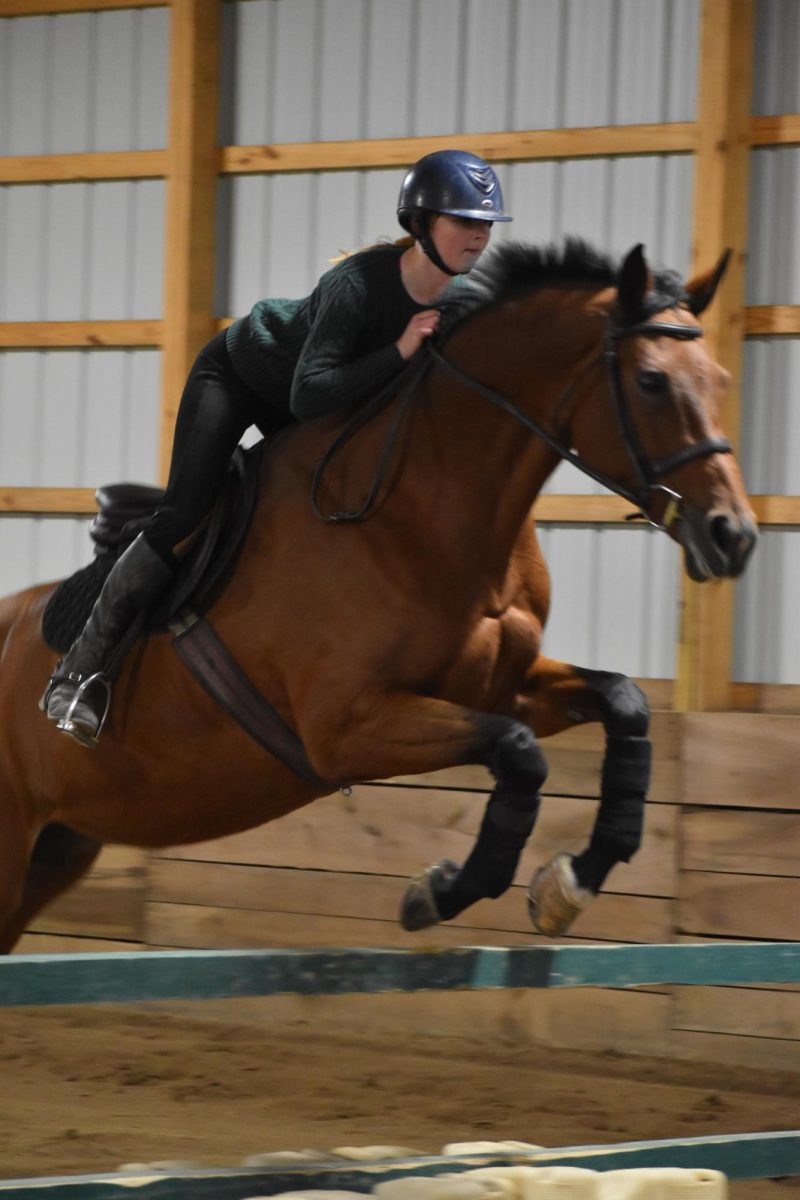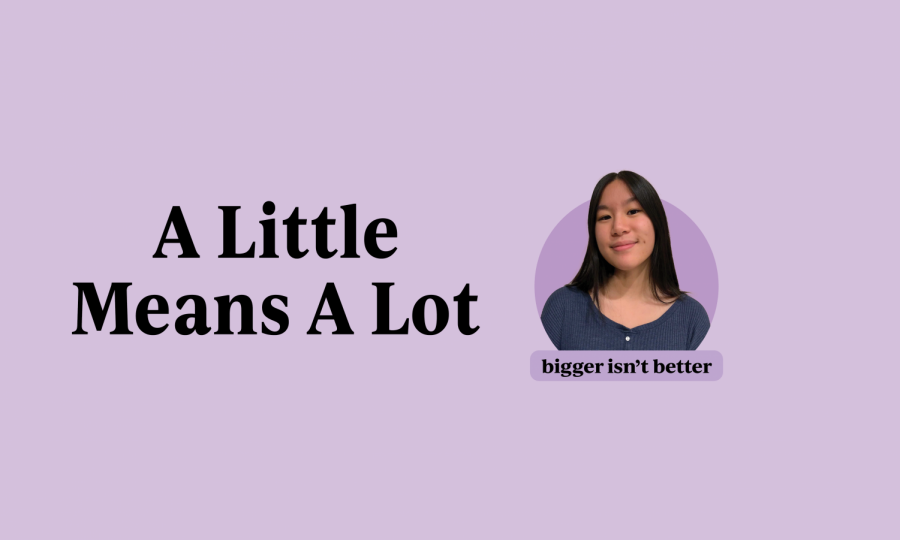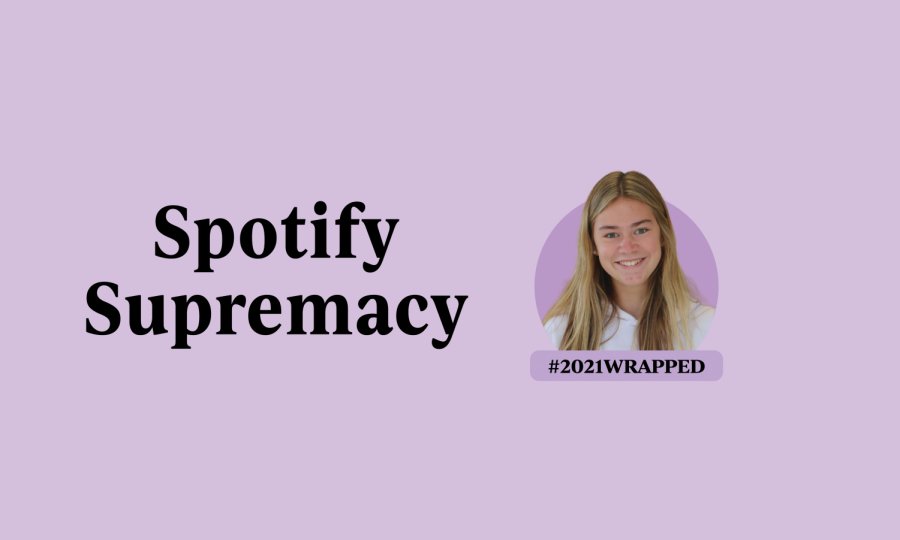I will never forget stepping off the bus on Dec. 3, 2009, to find my mother waiting for me, her eyes sorrowful and her face tearstained.
“Something bad has happened,” she said.
My mind raced. Had my father been in a car accident? Were my sisters and little brother okay? Her response, however, concerned my 21-year-old cousin, a loving and loyal person who coached and refereed youth football and loved the Chicago Bears.
“Devin was shot,” she said, and before I could ask who would do such a thing, she clarified. “He killed himself.”
Suicide among American youth is not a new problem—it’s the third leading cause of death among people aged 10 to 24, according to the Centers for Disease Control and Prevention (CDC)—but it is one we tend to avoid, and when we discuss it only do so in hushed voices behind closed doors. In Carmel, it is impossible to escape the subject any longer due to a rash of local suicides over the past few months, including those of one student at Brebeuf Jesuit Preparatory School in August and two students at Cathedral High School in August and September. In October, a freshman at Lawrence Central High School committed suicide in a women’s bathroom after first period one day.
Following all of these are outpourings of pain and grief online, a predictable response to lives cut short by students who are nearly always connected to the web in some way. My sister, a freshman at CHS who is considerably more social media-savvy than I am, tells me that many students take to Twitter and Instagram to remind followers that they’re always there for anybody who is suffering and needs an ear to talk to or a shoulder to cry on. This constitutes a seemingly positive development, but herein, she says, lies the paradox: the people who profess to be available as friends to anybody who needs them are often the same people who perpetuate issues, such as bullying and stigmatizing mental illness, that contribute greatly to the problem of suicide in the first place.
Freelance writer Sam Dylan Finch sums up this cultural trend best in his blog post “Amanda Bynes, Robin Williams, and the Spectacle of Mental Illness,” in which he discusses the disturbing disparity between the public reactions to Robin Williams’s suicide, which made national headlines in August as a tragedy, and to Amanda Bynes’s likely illness-driven escapades, still the subject of widespread mockery. If Bynes is, as some have suggested, suffering from schizophrenia or bipolar disorder or both, the relevant statistics are sobering. According to the Treatment Advocacy Center, the lifetime risk of suicide among individuals with schizophrenia is 5 percent, while that among individuals with bipolar disorder is 10 to 15 percent.
“Does Amanda Bynes need to die by suicide before we will start valuing her life?” Finch asks. “Are we only deserving of dignity and respect if we die?”
I also see it in the way popular kids who quote scripture on their Instagram profiles comment on posts made by a student with social impediments, feigning friendship and romantic interest and tagging their friends so everybody can have a laugh together. I see it in the ease with which we label the girl who has cut her wrists as an “attention whore.” I see it in our continued reluctance to open our minds to perceptions that will broaden our world views and open our hearts to those who desperately need acceptance, understanding and, most of all, love.
People generally react to the story of my cousin’s death with discomfort. I’ve heard “I never knew” and “I’m so sorry” countless times, and although there’s nothing wrong with sympathizing with people affected by suicide, I always want to tell people there is something they can do. We can all honor my cousin, the unnamed students at surrounding high schools and even Robin Williams by honoring our friends, peers, family members—everybody around us—every day.
The next time you want to make a joke about mental illness, think. The next time you want to make a mean comment on the weird kid in your class, think. The next time you want to tell a struggling friend you’re too busy to lend a hand, think. We all have the opportunity to improve our world one person at a time by extending compassion to people not only in their eulogies but in our everyday interactions.
The views in this column do not necessarily reflect the views of the HiLite staff. Reach Kyle Walker at [email protected].


































![British royalty are American celebrities [opinion]](https://hilite.org/wp-content/uploads/2024/03/Screenshot-2024-03-24-1.44.57-PM.png)



















![Chelsea Meng on her instagram-run bracelet shop [Biz Buzz]](https://hilite.org/wp-content/uploads/2024/04/IMG_2446-1200x838.jpg)
![Review: Quiet on Set: The Dark Side of Kids TV is the long awaited exposé of pedophilia within the children’s entertainment industry [MUSE]](https://hilite.org/wp-content/uploads/2024/04/unnamed.jpg)
![Review: “The Iron Claw” cannot get enough praise [MUSE]](https://hilite.org/wp-content/uploads/2024/04/unnamed.png)
![Review: “The Bear” sets an unbelievably high bar for future comedy shows [MUSE]](https://hilite.org/wp-content/uploads/2024/03/unnamed.png)
![Review: “Mysterious Lotus Casebook” is an amazing historical Chinese drama [MUSE]](https://hilite.org/wp-content/uploads/2024/03/0.webp)
![Review in Print: Maripaz Villar brings a delightfully unique style to the world of WEBTOON [MUSE]](https://hilite.org/wp-content/uploads/2023/12/maripazcover-1200x960.jpg)
![Review: “The Sword of Kaigen” is a masterpiece [MUSE]](https://hilite.org/wp-content/uploads/2023/11/Screenshot-2023-11-26-201051.png)
![Review: Gateron Oil Kings, great linear switches, okay price [MUSE]](https://hilite.org/wp-content/uploads/2023/11/Screenshot-2023-11-26-200553.png)
![Review: “A Haunting in Venice” is a significant improvement from other Agatha Christie adaptations [MUSE]](https://hilite.org/wp-content/uploads/2023/11/e7ee2938a6d422669771bce6d8088521.jpg)
![Review: A Thanksgiving story from elementary school, still just as interesting [MUSE]](https://hilite.org/wp-content/uploads/2023/11/Screenshot-2023-11-26-195514-987x1200.png)
![Review: When I Fly Towards You, cute, uplifting youth drama [MUSE]](https://hilite.org/wp-content/uploads/2023/09/When-I-Fly-Towards-You-Chinese-drama.png)
![Postcards from Muse: Hawaii Travel Diary [MUSE]](https://hilite.org/wp-content/uploads/2023/09/My-project-1-1200x1200.jpg)
![Review: Ladybug & Cat Noir: The Movie, departure from original show [MUSE]](https://hilite.org/wp-content/uploads/2023/09/Ladybug__Cat_Noir_-_The_Movie_poster.jpg)
![Review in Print: Hidden Love is the cute, uplifting drama everyone needs [MUSE]](https://hilite.org/wp-content/uploads/2023/09/hiddenlovecover-e1693597208225-1030x1200.png)
![Review in Print: Heartstopper is the heartwarming queer romance we all need [MUSE]](https://hilite.org/wp-content/uploads/2023/08/museheartstoppercover-1200x654.png)






















![Review: Ladybug & Cat Noir: The Movie, departure from original show [MUSE]](https://hilite.org/wp-content/uploads/2023/09/Ladybug__Cat_Noir_-_The_Movie_poster-221x300.jpg)

![Review: Next in Fashion season two survives changes, becomes a valuable pop culture artifact [MUSE]](https://hilite.org/wp-content/uploads/2023/03/Screen-Shot-2023-03-09-at-11.05.05-AM-300x214.png)
![Review: Is The Stormlight Archive worth it? [MUSE]](https://hilite.org/wp-content/uploads/2023/10/unnamed-1-184x300.png)




